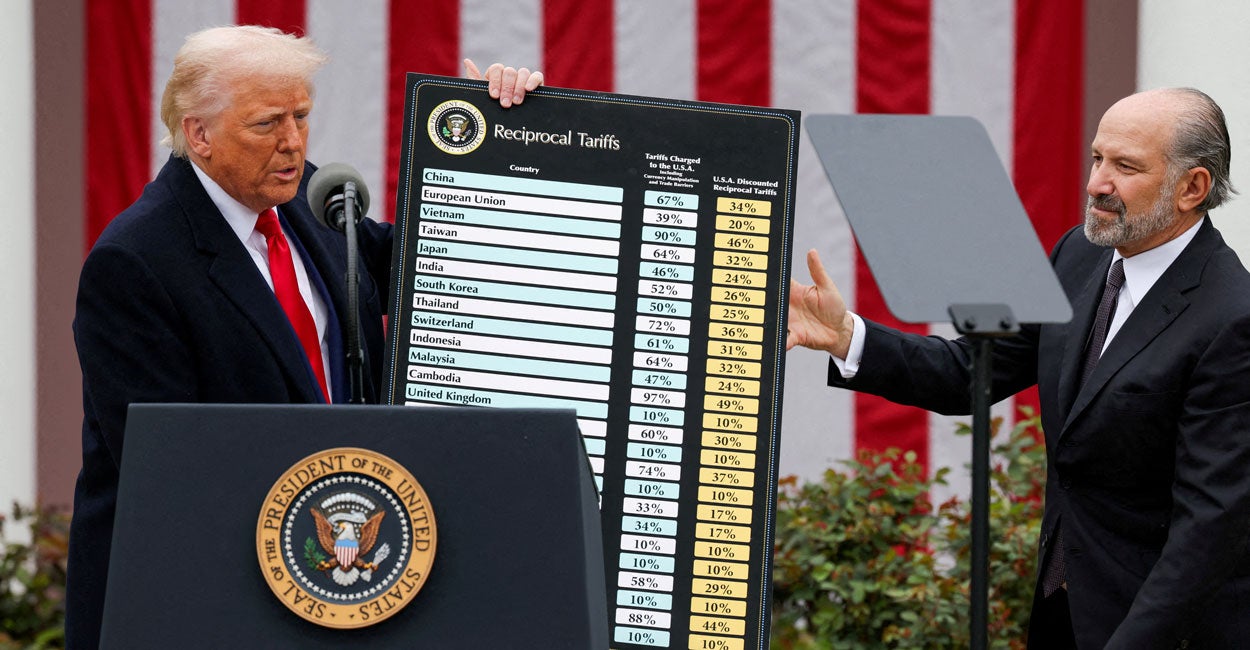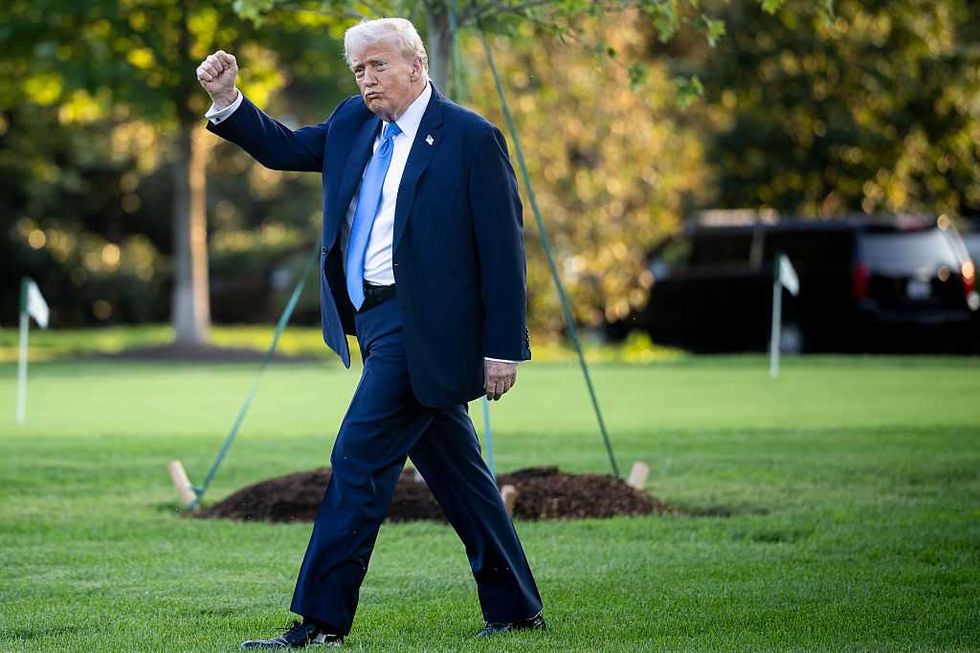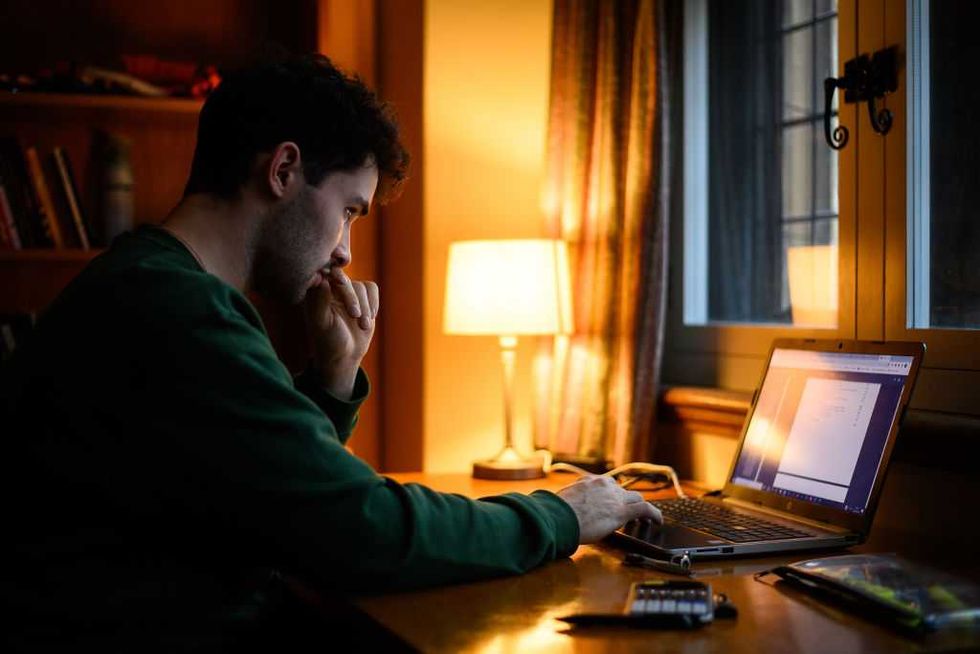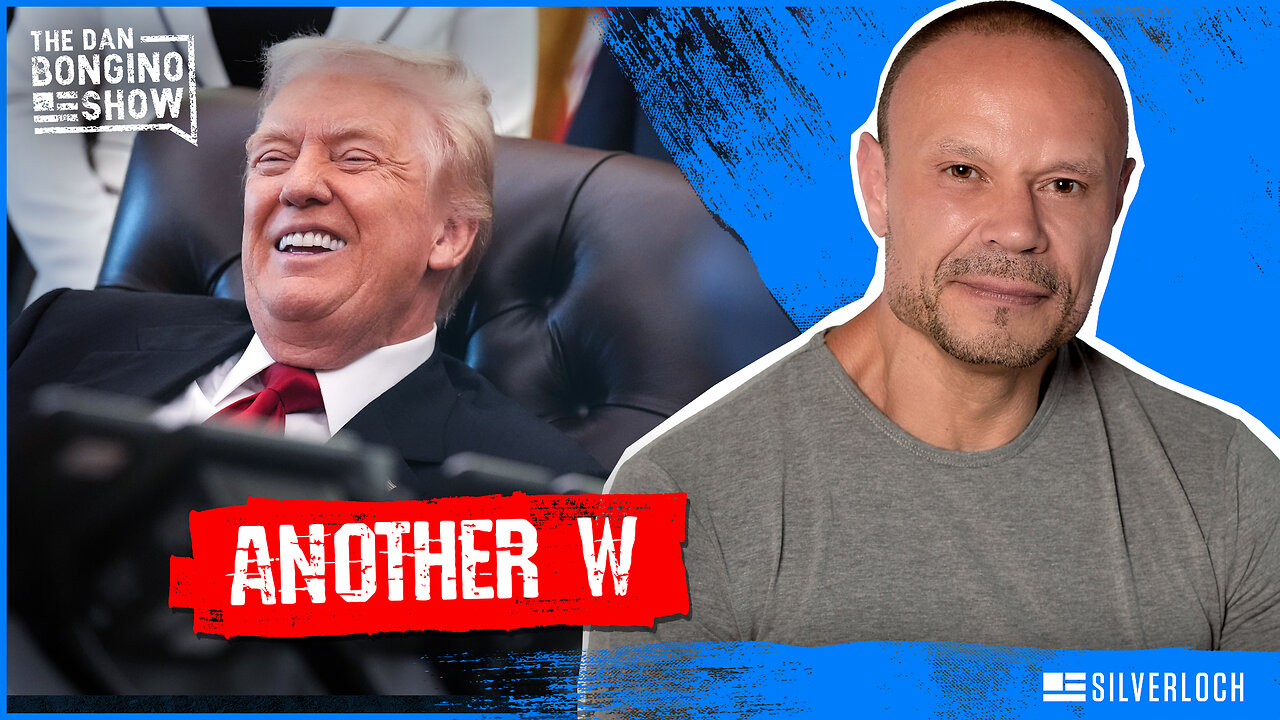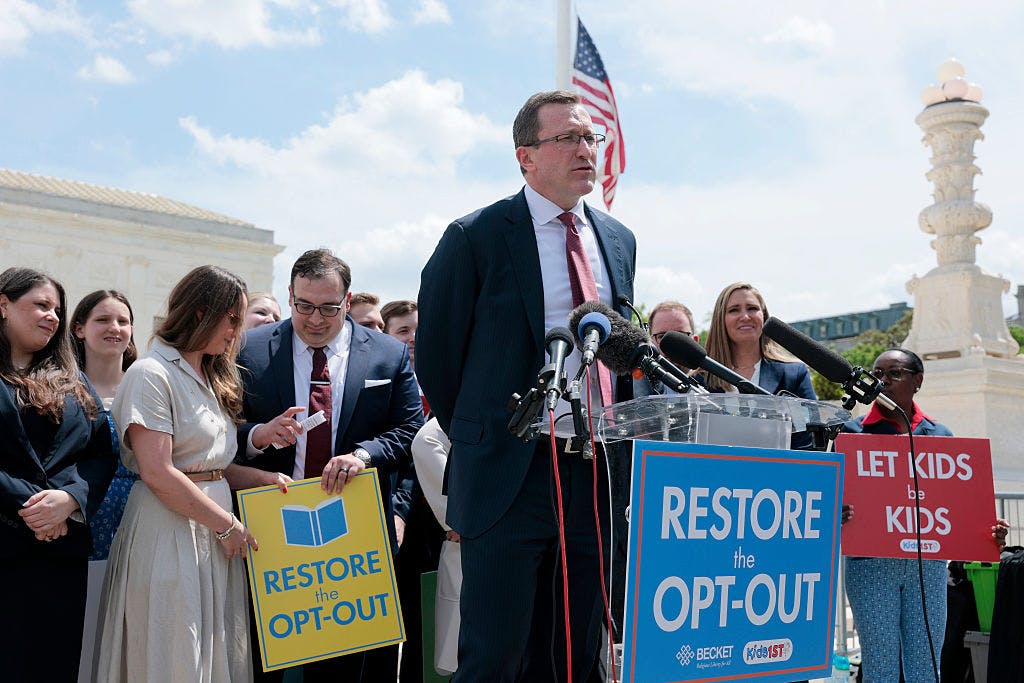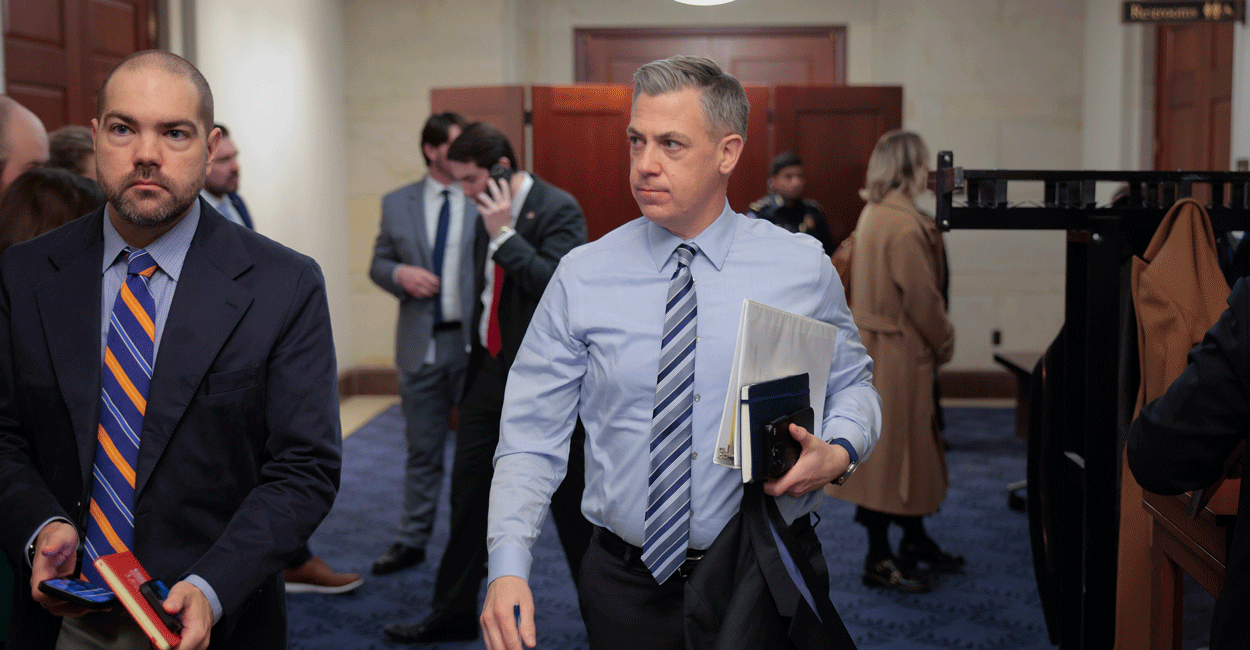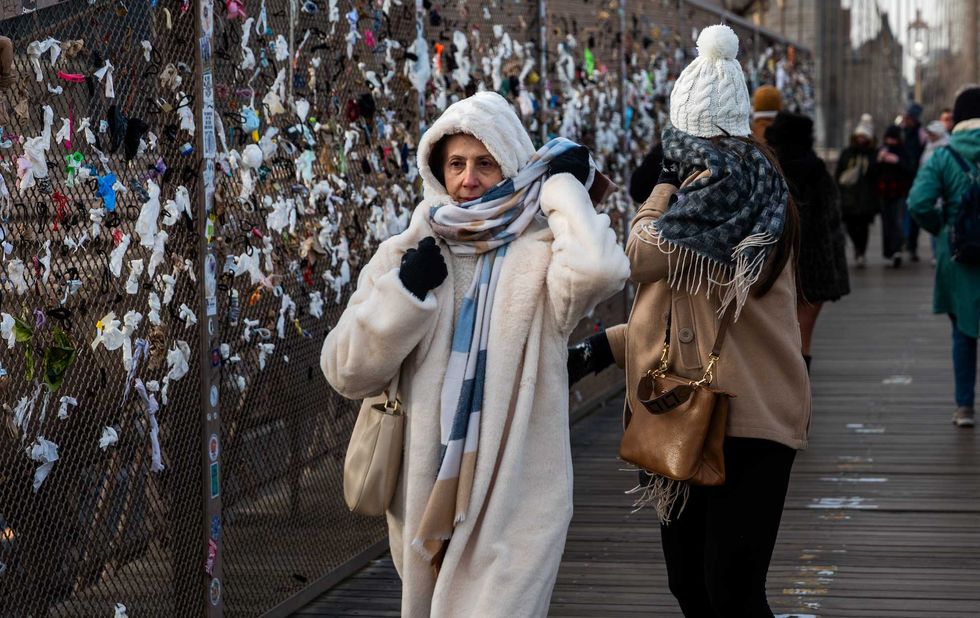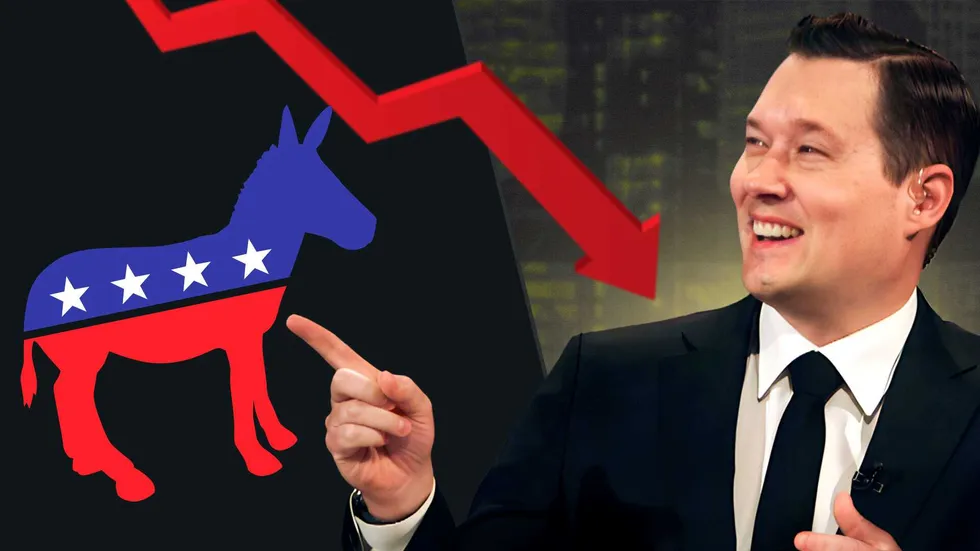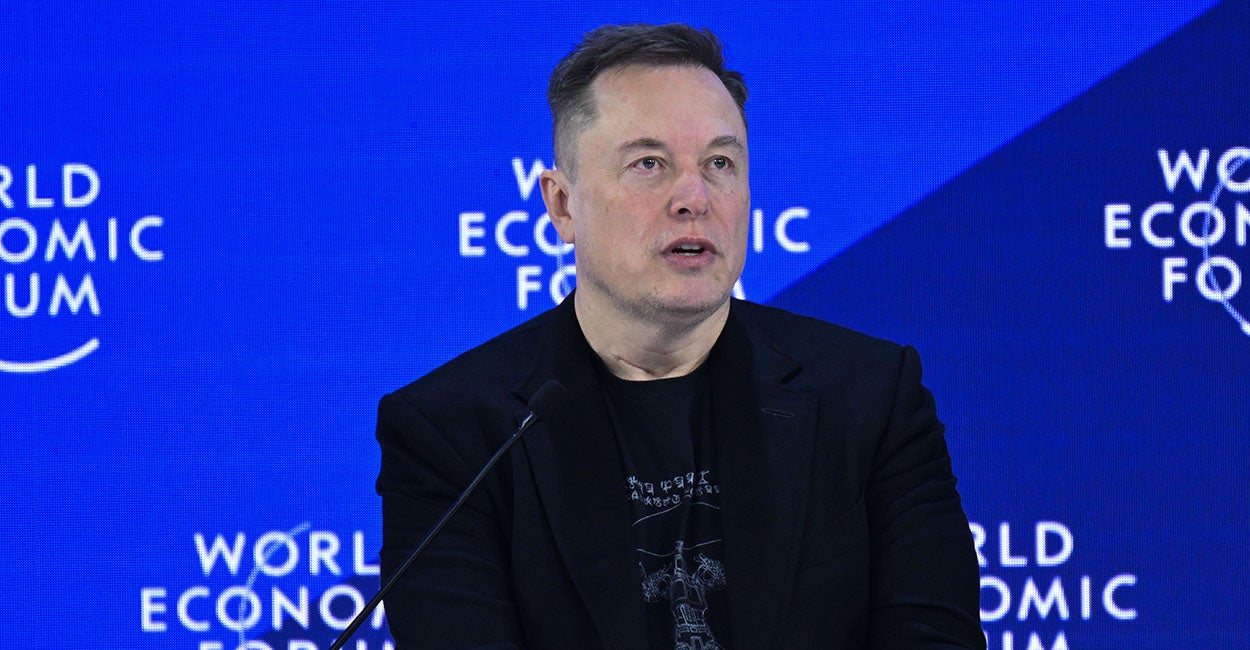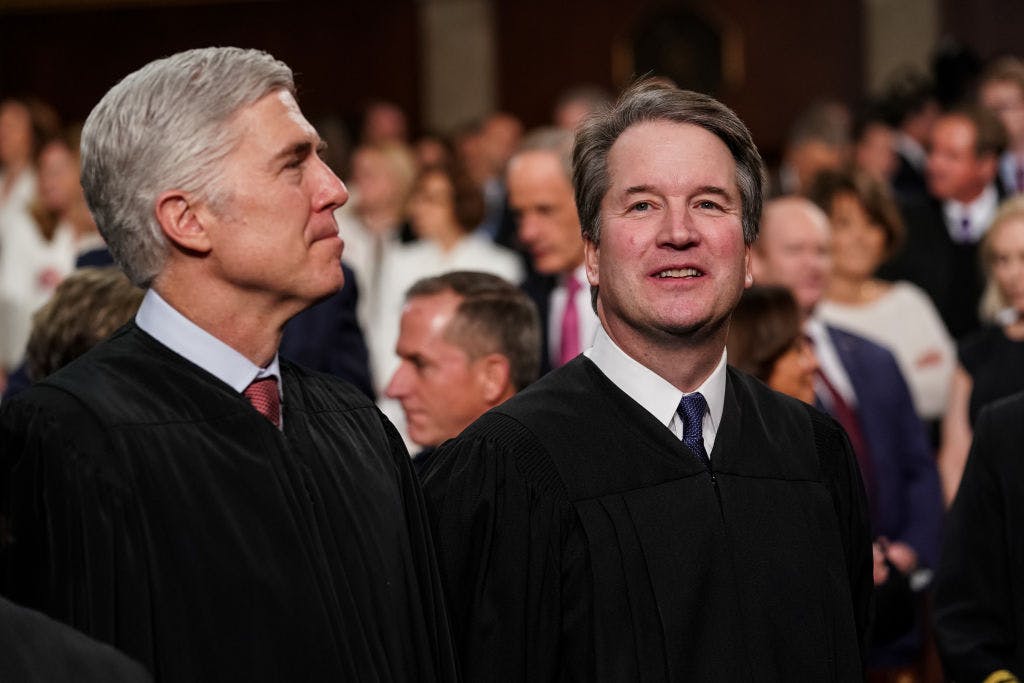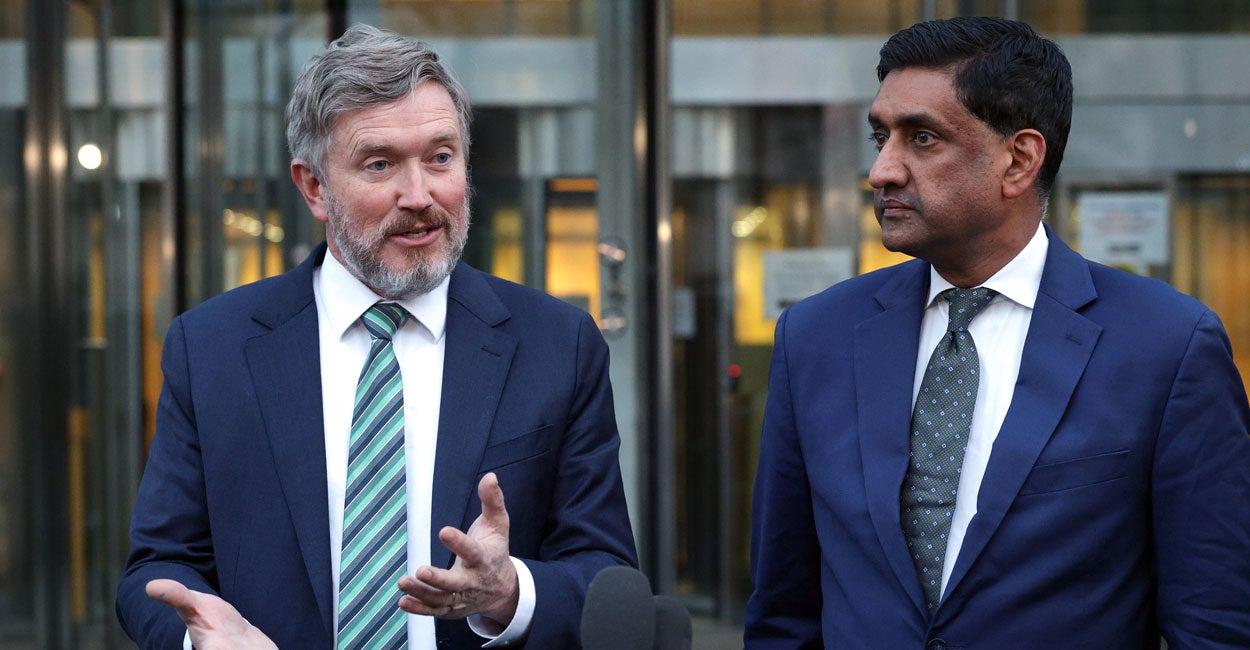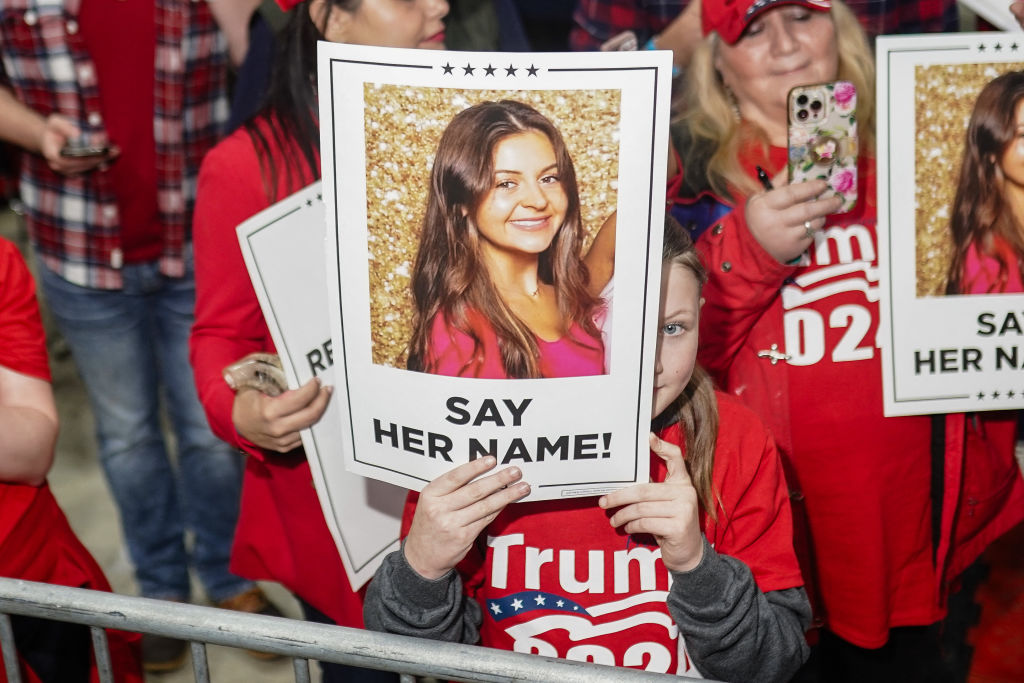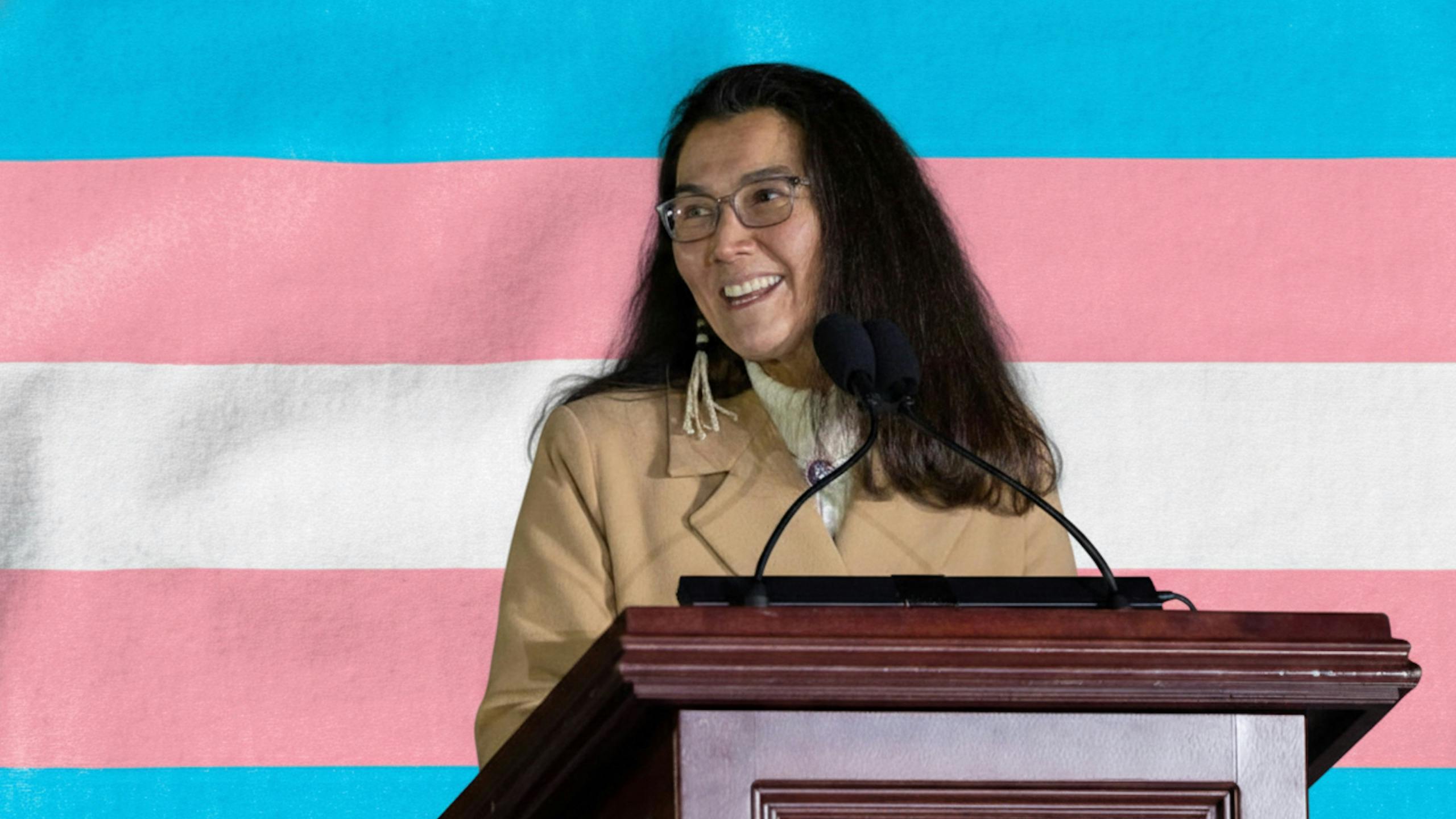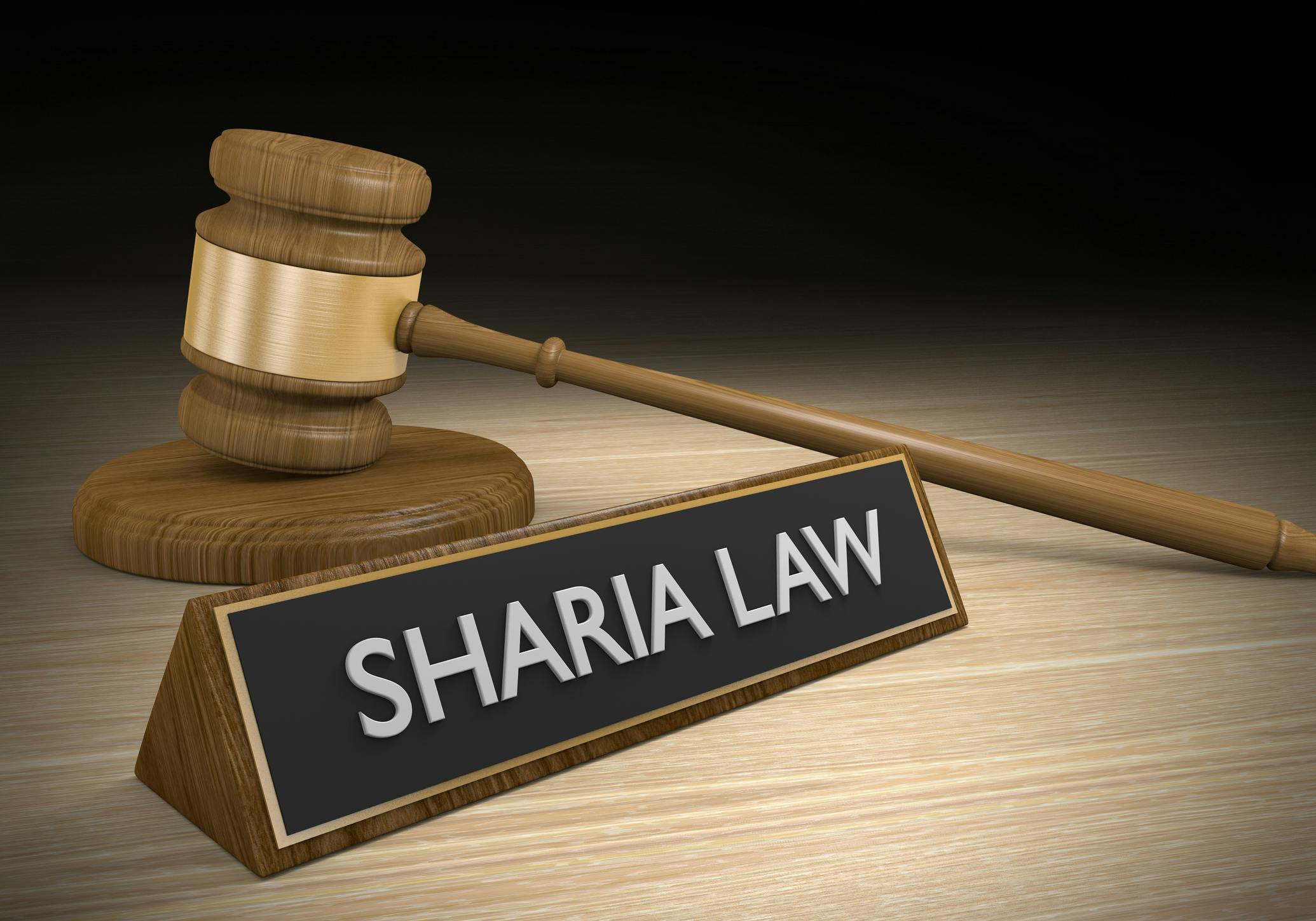How Strong Is the Case Against James Comey?
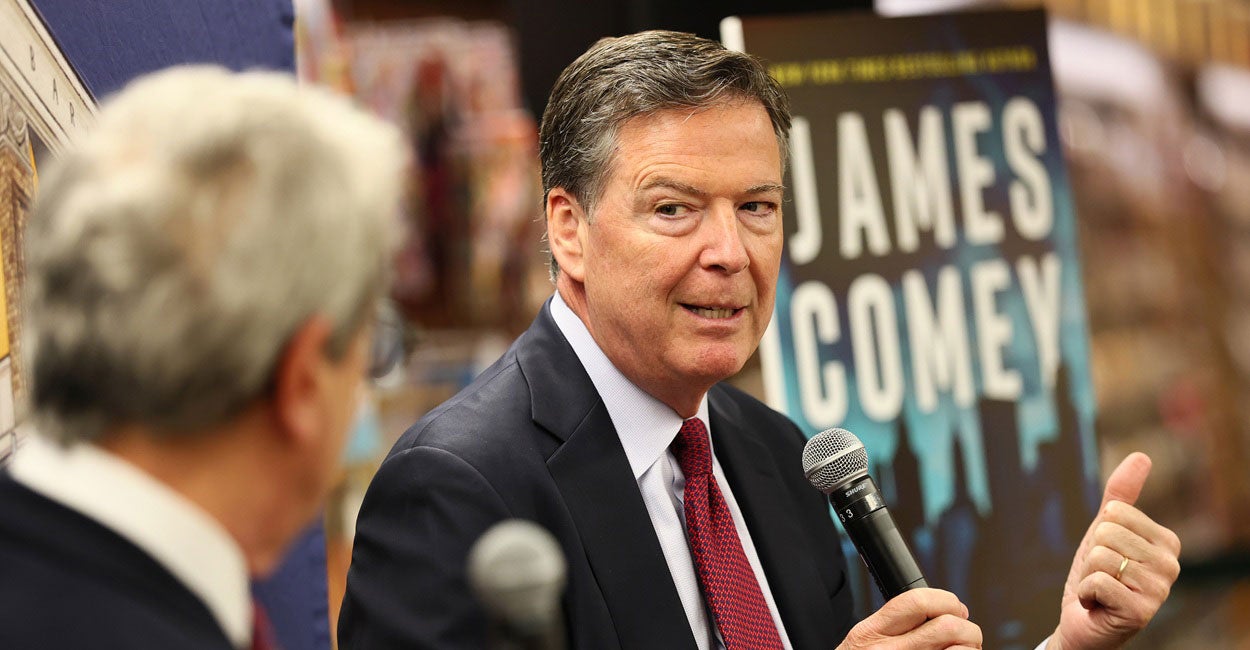
Minimal details are included in former FBI Director James Comey’s indictment, but it doesn’t necessarily signal a lack of evidence.
Live Your Best Retirement
Fun • Funds • Fitness • Freedom
Though prosecutors face legitimate challenges to securing a conviction, some legal experts have cautioned that it is too early to really assess the strength of the government’s indictment, which charged Comey with two counts for allegedly obstructing a congressional proceeding and making a false statement to Congress during his September 2020 testimony about the Trump-Russia probe.
“The government does not have to disclose at this stage of the proceeding what evidence it has gathered that Comey was intentionally lying,” Empower Oversight founder Jason Foster told the Daily Caller News Foundation. “But he issued broad denials under oath that he never authorized any leaks. The government only has to prove that he authorized one to disprove that claim as false.”
“Without more detail about what new evidence the FBI may have discovered in the last eight months it’s hard to tell how strong a case they have,” Foster said.
The false statement charge likely stems from a question Republican Texas Sen. Ted Cruz asked in 2020, where Comey stood by his 2017 claim that he did not authorize a leak related to the Trump or Clinton investigation.
Comey admitted in 2017 to asking Columbia University Professor of Law Daniel C. Richman to leak the contents of at least one memo he wrote about a meeting with Trump to The New York Times.
“Just because the public reading the indictment doesn’t have all its questions answered—without access to the discovery—does not mean the indictment is defective,” defense attorney and former federal prosecutor Bill Shipley wrote on X.
“My considered view is that this is a ‘placeholder’ indictment to save these counts from being barred by the Statute of Limitations,” Shipley wrote. “I think there is more coming, and this counts will be rolled into a Superseding Indictment.”
John Yoo, a former Justice Department official during the George W. Bush administration, told the Daily Caller News Foundation it’s “hard to know” if a superseding indictment is coming.
“The indictment is very short; DOJ might submit one with more detail,” he said.
Comey’s attorney Patrick Fitzgerald did not respond to a request for comment.
Potential Players
“At the time of Comey’s alleged false statements and obstruction, my colleagues and I had active investigations,” Senate Judiciary Chair Chuck Grassley said in a statement Sept. 25. “If the facts and the evidence support the finding that Comey lied to Congress and obstructed our work, he ought to be held accountable.”
The indictment does not specify which leak Comey lied about or name any individuals involved.
However, several reports indicate “Person 1” in the indictment is Hillary Clinton and “Person 3” is Richman, who frequently communicated with the media on Comey’s behalf. Prosecutors subpoenaed Richman as part of the probe, ABC News reported Sept. 17.
The indictment relates to the Arctic Haze investigation about classified information that appeared in four 2017 newspaper articles, CNN reported Sept. 25 citing an “informed source.”
The FBI released internal memos related to the Arctic Haze investigation in August, which described how Comey “instructed the FBI to hire Richman as a Special Government Employee” and give him “a Top Secret clearance.”
“FBI records indicated Richman was hired to work on ‘Going Dark’ matters,” the documents state. “The investigation revealed Comey also hired Richman so Comey could discuss sensitive matters, including classified information, with someone outside of the FBI’s regular leadership. Comey also used Richman as a liaison to the media.”
Comey and Richman discussed classified intelligence in January 2017 that later was reported in a New York Times’ story, according to the FBI documents. Richman spoke with a New York Times reporter shortly after the meeting with Comey, but told Arctic Haze investigators he did not know who gave the reporter the classified information.
“What particularly incensed Capitol Hill oversight committees at the time was that NYT reporter Michael Schmidt got those memos from Comey through his cutout, Richman,” Foster, who was formerly chief investigative counsel for the Senate Judiciary Committee, told the Daily Caller News Foundation.
“But, I and my colleagues who had an actual constitutional oversight role to play, had to go to a SCIF at FBI headquarters to review those very same memos,” he continued. “It showed an utter lack of respect by the FBI for the constitutional role of its oversight committee in Congress, and raises obvious questions about how Comey could legally tell his friend to give them to NYT given that they contained classified information.”
A 2019 Office of the Inspector General report found Comey set a “dangerous example for the over 35,000 current FBI employees” by leaking memos relating to his interactions with President Donald Trump.
“By not safeguarding sensitive information obtained during the course of his FBI employment, and by using it to create public pressure for official action, Comey set a dangerous example for the over 35,000 current FBI employees—and the many thousands more former FBI employees—who similarly have access to or knowledge of non-public information,” the report found.
‘Hard to Prove’
“It may be the case that Comey lied to Congress, but it will be hard to prove,” Yoo told the Daily Caller News Foundation, noting he would not have brought the charges. “It depends on whether the jury believes Comey or his subordinates, who appears to believe that Comey had authorized the leaking of confidential law enforcement information.”
Days before the indictment, Erik Siebert resigned as head of the U.S. attorney’s office in the Eastern District of Virginia after Trump called for his removal. Prosecutors in the office reportedly drafted a memo for Lindsey Halligan, who Trump selected to replace Siebert, indicating there was no probable cause to secure an indictment, which anonymous sources leaked to ABC News.
Halligan received little support as she took up the case.
Yoo emphasized Trump is within his rights to try, noting that “the President is the only officer charged by the Constitution with enforcing federal law.”
“Everyone who works in DOJ is his assistant in that endeavor,” he said. “Trump has the right to order DOJ to bring charges. They might be rejected by a jury or even the courts, but he has the power to decide whom to investigate and prosecute and to remove those who don’t carry out his orders. If the prosecution ultimately fails, or represents a poor use of resources, that will be Trump’s responsibility and the public can hold him accountable.”
While the jury will be drawn from Alexandria, Virginia, rather than Washington, D.C., George Washington University law professor Jonathan Turley said the “odds still favor Comey.”
“Perjury or false statements can be challenging to prove, particularly when vague or nuanced language is used,” Turley wrote in a column Friday. “This is neither vague nor nuanced. Comey repeatedly swore that he never asked anyone at the FBI to leak information. That is either true or it is not.”
Comey’s arraignment is scheduled for Oct. 9.
Originally published by the Daily Caller News Foundation.
The post How Strong Is the Case Against James Comey? appeared first on The Daily Signal.
Originally Published at Daily Wire, Daily Signal, or The Blaze
What's Your Reaction?
 Like
0
Like
0
 Dislike
0
Dislike
0
 Love
0
Love
0
 Funny
0
Funny
0
 Angry
0
Angry
0
 Sad
0
Sad
0
 Wow
0
Wow
0


